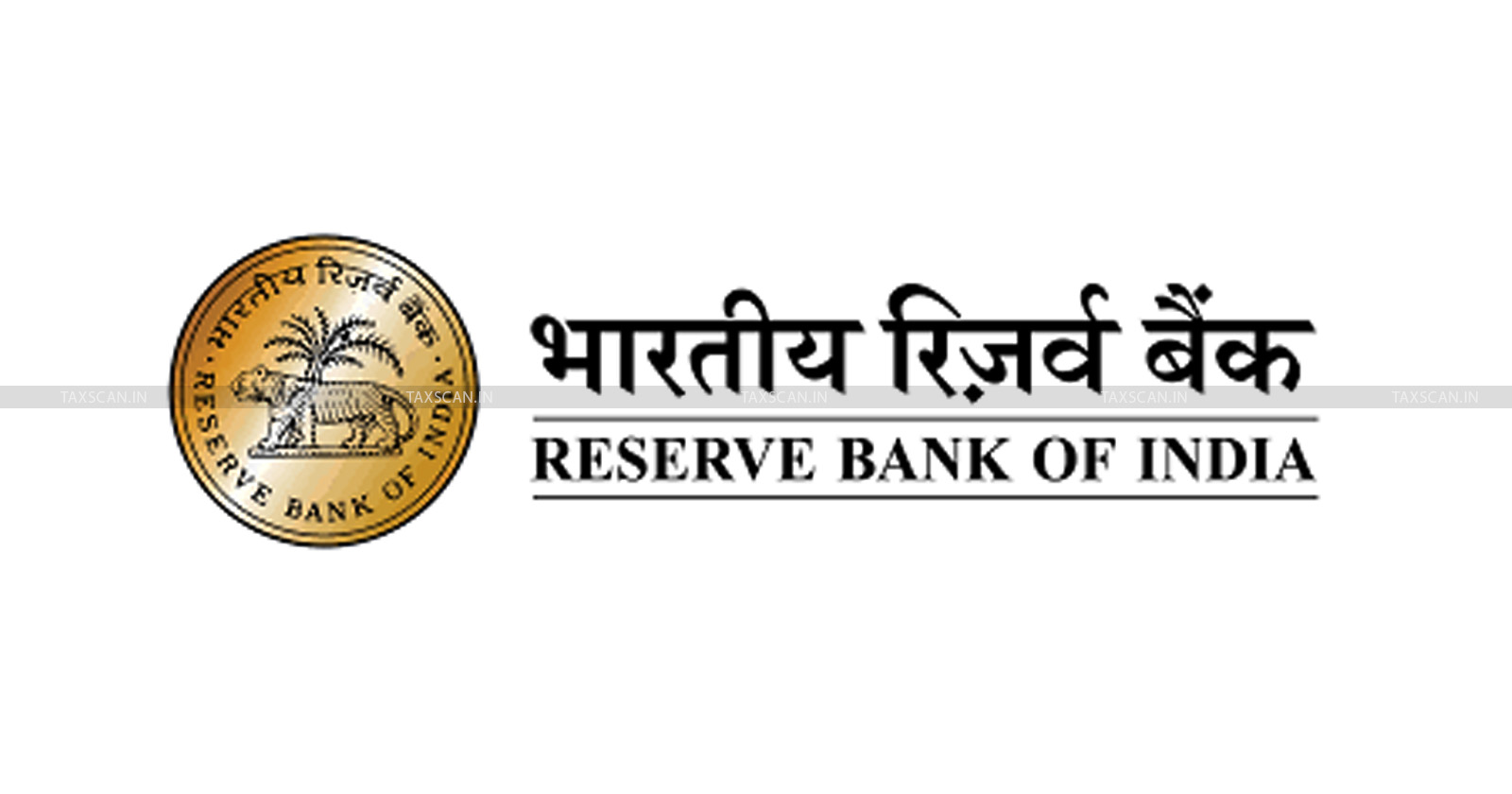RBI Challenges IMF's Criticism of Currency Intervention as Rupee Faces Scrutiny
The Reserve Bank of India challenges the IMF's allegation of excessive forex intervention and India's downgrade to a "stabilized arrangement" from a "floating" system

RBI – IMF – Criticism – Currency Intervention – TAXSCAN
RBI – IMF – Criticism – Currency Intervention – TAXSCAN
In a recent development, the Reserve Bank of India has contested the International Monetary Fund's (IMF) assessment of the Reserve Bank of India's (RBI) intervention in the foreign-exchange market, refuting claims that the efforts were excessive and aimed at influencing the rupee's value.
The IMF, based in Washington, asserted that the rupee maintained an unusually narrow range from December 2022 to October 2023, suggesting that the RBI's interventions surpassed what was deemed necessary to address potential market disruptions.
Consequently, the IMF downgraded India's foreign-exchange regime from a "floating" system to a "stabilized arrangement" in its annual Article IV country report unveiled on Monday.
Expressing strong disagreement, India rebuffed the IMF's assessment as "unjustified." The RBI emphasized that the mentioned period was limited to the short term, contending that the IMF's evaluation would fall short over a two to five-year horizon.
"The RBI strongly believes that such a view is incorrect as, in their view, it uses data selectively," the IMF stated in its report. As of now, the RBI has not responded to requests for further information.
During the specified timeframe, the rupee experienced a 2% depreciation against the dollar, following an 8% decline in the previous 12 months. Bloomberg Economics estimates RBI's intervention at approximately $78 billion during these nine months, while India's foreign exchange reserves, currently at $604 billion, approach the record high of $642.5 billion achieved in 2021.
Despite repeated assertions by top RBI officials that the central bank does not target a specific rupee level, but rather intervenes to manage currency market volatility, Indian authorities remain sensitive to the matter. This sensitivity arises from the periodic inclusion of India on the US Treasury's monitoring list of potential currency manipulators since 2018, a status the country has not held since November 2022.
RBI Governor Shaktikanta Das, during the IMF's annual meetings in October, criticized the US Treasury's practice of placing countries on the watchlist. He emphasized that emerging markets like India must build up their reserve buffers to counteract global risks.
Support our journalism by subscribing to Taxscan premium. Follow us on Telegram for quick updates


